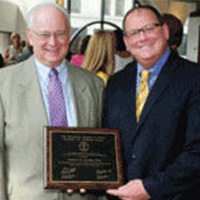Hamburg Criminal Lawyer, New York
Sponsored Law Firm
-
 x
x

Click For More Info:
-
Cohen & Bernstein, L.L.C.
1360 Clifton Ave #309 Clifton, NJ 07012» view mapCriminal Defense We’re In this Together!
We work hand in hand with our clients to ensure all of your questions are answered and progress through your legal issue is seamless.
800-978-7341
Anthony M. Bruce
✓ VERIFIEDCriminal, US Courts, Traffic, Accident & Injury
Mr. Bruce’s legal career has focused on criminal litigation. For 37 years, Mr. Bruce worked as Assistant United States Attorney in the United State... (more)
Dominic Paul Candino
✓ VERIFIEDCriminal, DUI-DWI, Felony, Accident & Injury, Personal Injury
Personal injury and criminal law is a complex collection of ever-changing legislation and case law. Many of those injured by a third party's negligen... (more)
Daniel John Henry
Federal, DUI-DWI, Criminal, Animal Bite
Status: In Good Standing Licensed: 38 Years
FREE CONSULTATION
CONTACTDavid W Polak
Criminal, Personal Injury, Car Accident, Animal Bite
Status: In Good Standing Licensed: 23 Years
 Lindsay Bernstein Clifton, NJ
Lindsay Bernstein Clifton, NJ Practice AreasExpertise
Practice AreasExpertise


